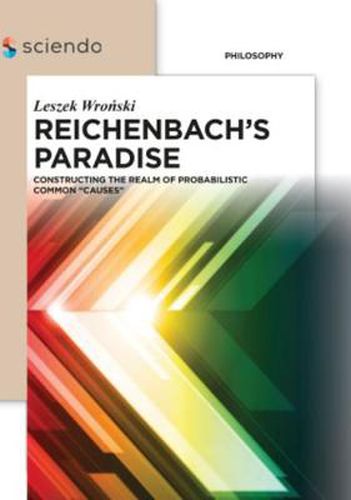Readings Newsletter
Become a Readings Member to make your shopping experience even easier.
Sign in or sign up for free!
You’re not far away from qualifying for FREE standard shipping within Australia
You’ve qualified for FREE standard shipping within Australia
The cart is loading…






Since its introduction by Hans Reichenbach, many philosophers have claimed to refute the idea - known as the common cause principle - that any surprising correlation between any two factors that do not directly influence one another is due to some common cause. For example, falsity of the principle is frequently inferred from falsifiability of Bell’s inequalities. The author demonstrates, however, that the situation is not so straightforward. There is more than one version of the principle formulated with the use of different variants of Reichenbach-inspired notions; their falsity still remains an open question.
The book traces different formulations of the principle and provides proofs of a few pertinent theorems, settling the relevant questions in various probability spaces. In exploring mathematical and philosophical issues surrounding the principle, the book offers both philosophical insight and mathematical rigor.
$9.00 standard shipping within Australia
FREE standard shipping within Australia for orders over $100.00
Express & International shipping calculated at checkout
Since its introduction by Hans Reichenbach, many philosophers have claimed to refute the idea - known as the common cause principle - that any surprising correlation between any two factors that do not directly influence one another is due to some common cause. For example, falsity of the principle is frequently inferred from falsifiability of Bell’s inequalities. The author demonstrates, however, that the situation is not so straightforward. There is more than one version of the principle formulated with the use of different variants of Reichenbach-inspired notions; their falsity still remains an open question.
The book traces different formulations of the principle and provides proofs of a few pertinent theorems, settling the relevant questions in various probability spaces. In exploring mathematical and philosophical issues surrounding the principle, the book offers both philosophical insight and mathematical rigor.